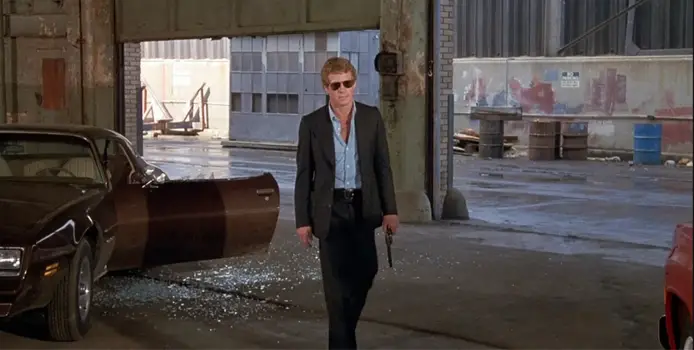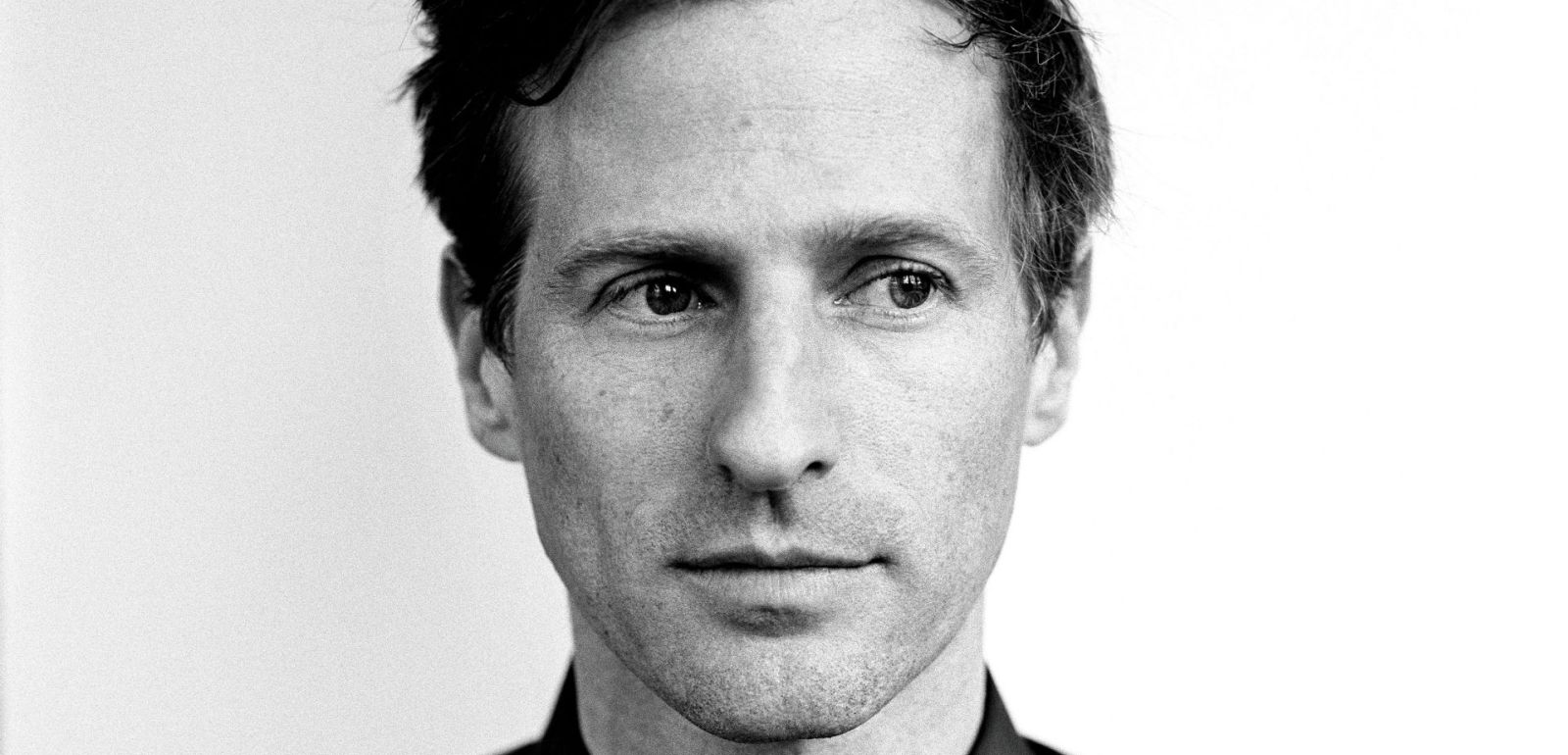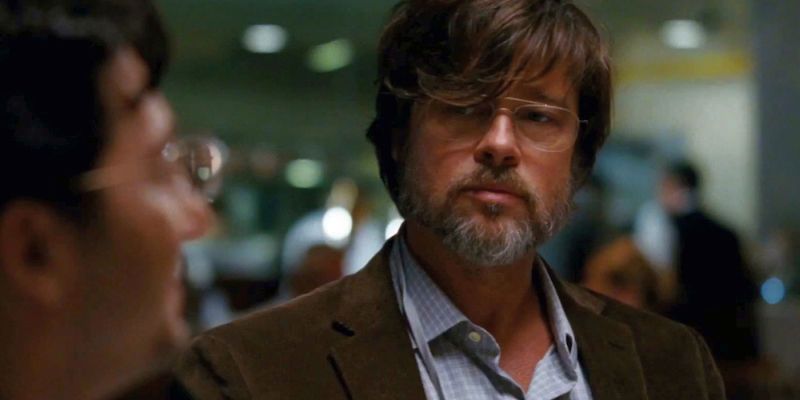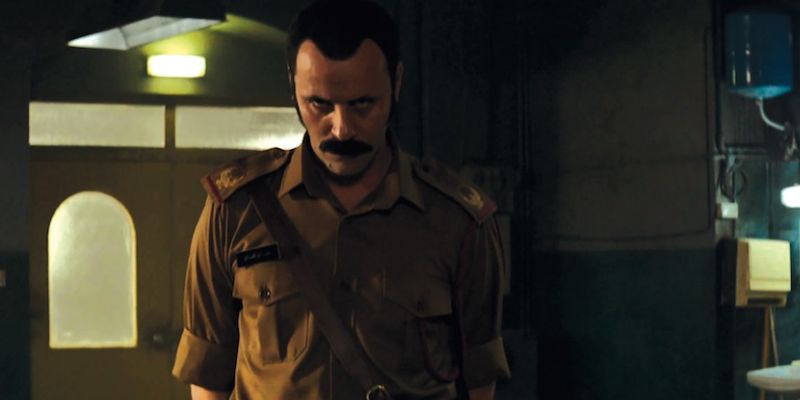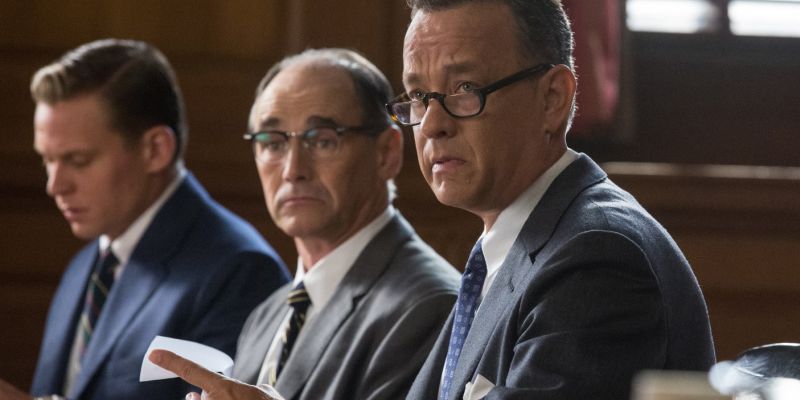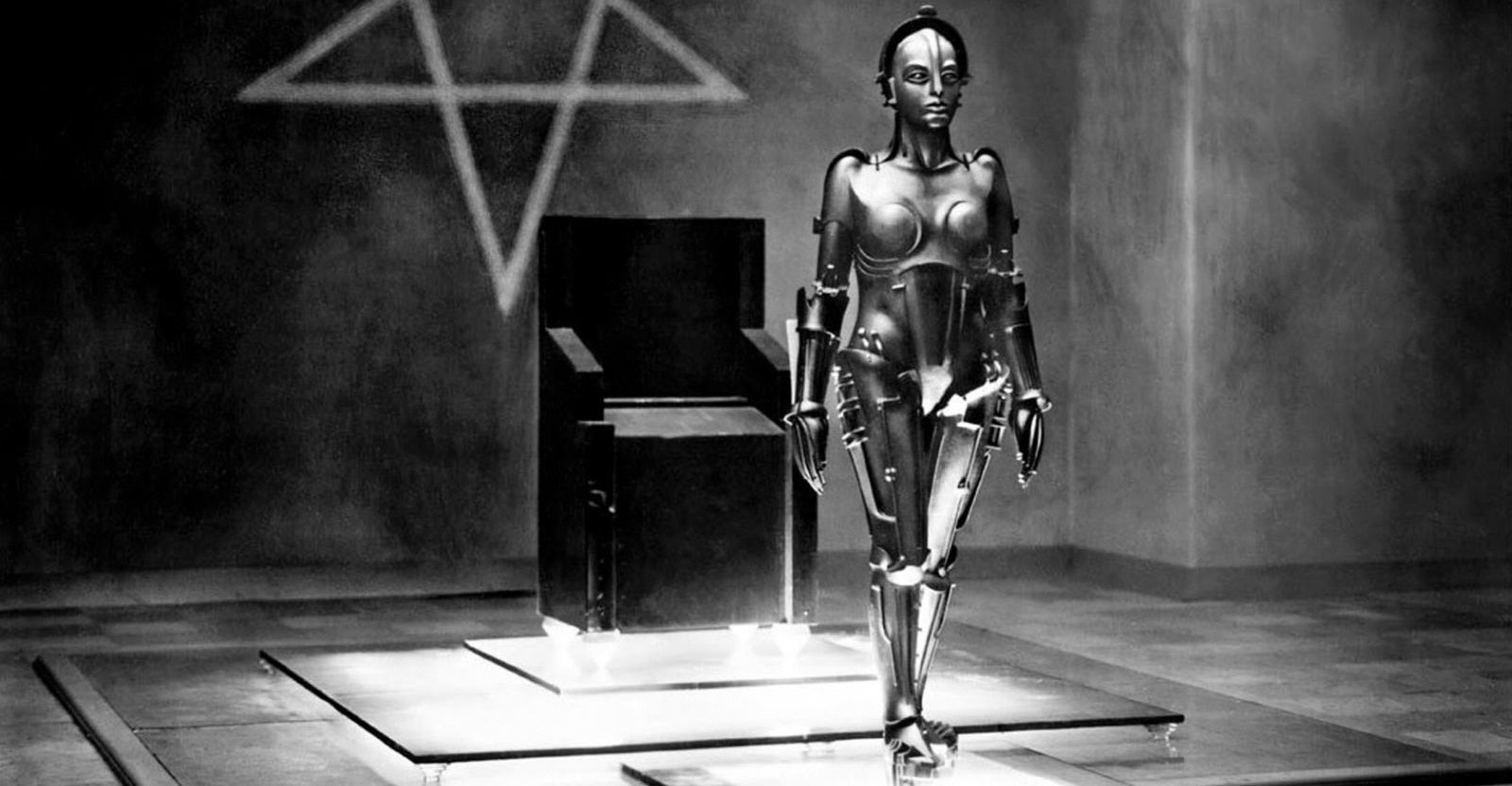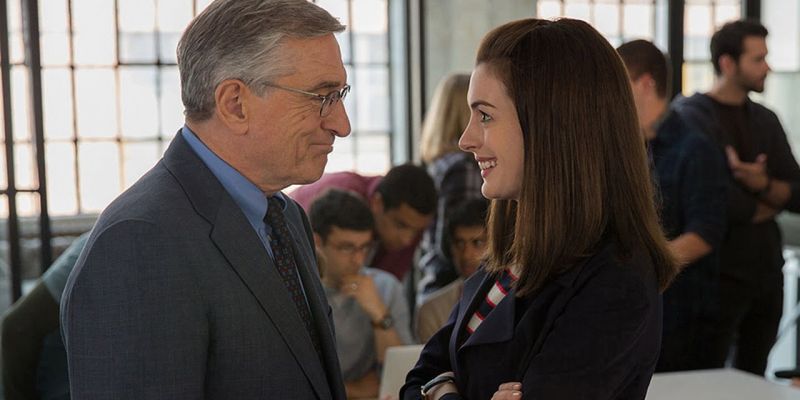
If Angry Birds games, Angry Birds cartoons, Angry Birds toys and plushies, an Angry Birds theme parks (really, there’s one in Finland, and they have a Space-themed theme park with NASA, if you’ll believe it) and even Angry Birds soft drinks weren’t enough: here comes The Angry Birds Movie. Angry Birds was one of the first and most successful mobile gaming apps, and the Finnish company behind it, Rovio, has been expanding on their franchise ever since.
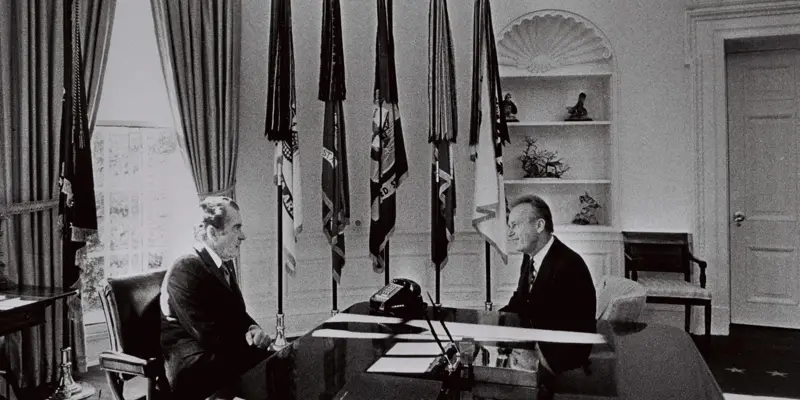
The Israel-Palestine conflict has been an enduring presence in our lives for generations now. Many know little about it, other than that it’s a perpetual and unfortunate situation with little hope for sustained resolution. They are unlikely to add significantly to that knowledge through a viewing of The Prime Ministers Part II:
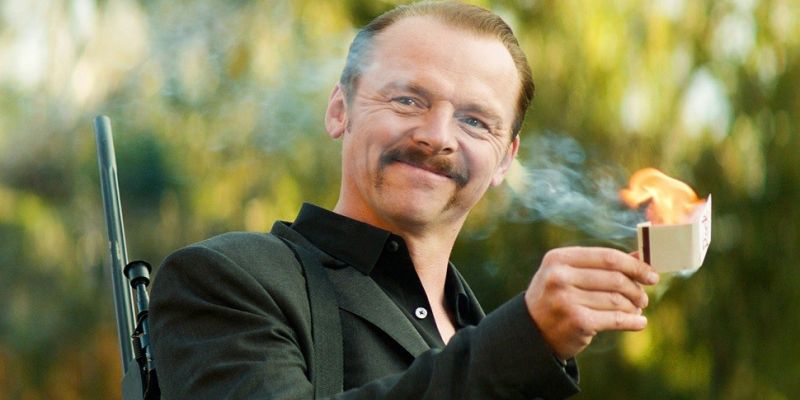
Kill Me Three Times is a film which is the right step forward for Australian cinema, done in the worst way possible. For the past decade, Australia has lacked films that have managed to cross international borders and bring new talent to life, which is a process which used to happen back in the day, from George Miller to Phillip Noyce. The only significant films of the past 10 years to really make any impact are David Michôd’s Animal Kingdom, which reminded audiences and filmmakers of the acting talents of Ben Mendelsohn and Jacki Weaver, who have become international stars.
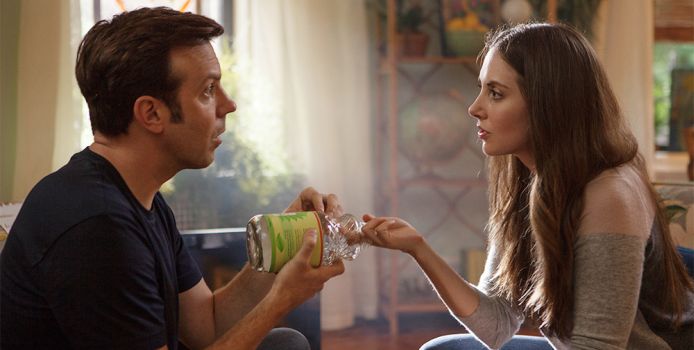
We currently live in an age where the classic rom-com has become taboo. Jerry Maguire and When Harry Met Sally have been traded out for Trainwreck and now Sleeping with Other People. The problem with this new modern movement is that the emotional heart of the original 80s and 90s films are mostly lost.
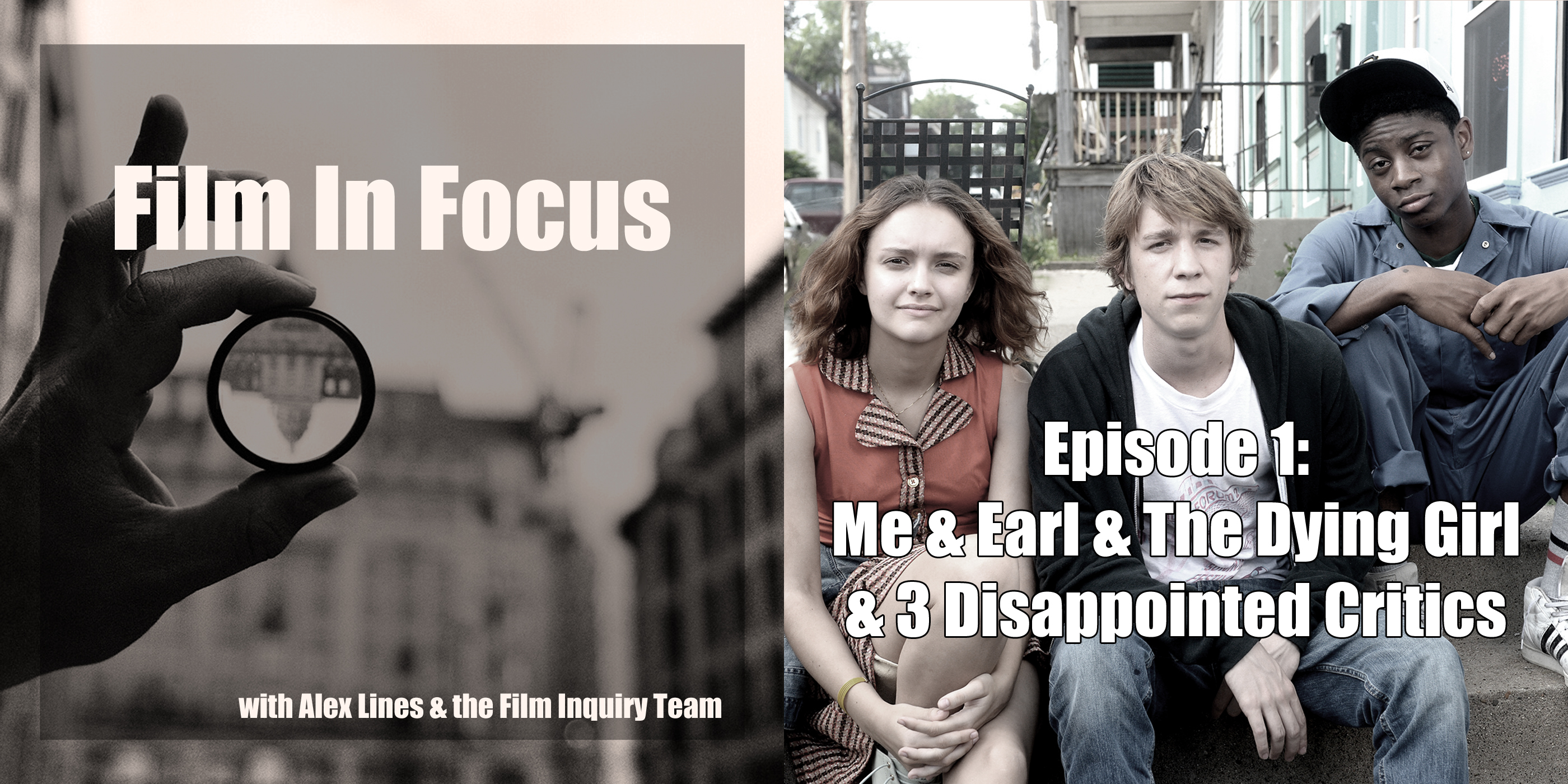
Introducing the first episode of the tentatively titled ‘The Film Inquiry Podcast’, where each episode myself (Alex Lines) will be joined by two of our writers to pick apart and discuss a different film. In our initial episode, I’m joined with Julia Smith and Alistair Ryder, who I stupidly forgot to name in the podcast episode itself. As Julia, Alistair and I were all disappointed with the 2015 indie darling Me and Earl and the Dying Girl, we talk about what exactly we didn’t like about it and try to break down who exactly the film was aimed towards.
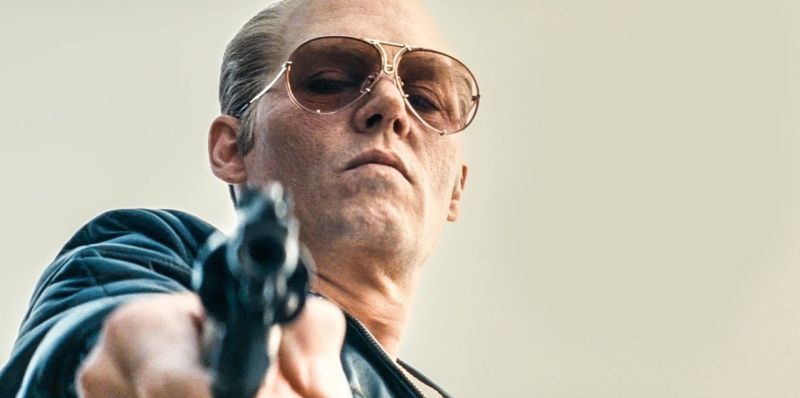
There is a right way and a wrong way to tell a gangster story. Some of the very best have utilized inventive camera techniques, are fueled by impressive acting talent, and are backed by an engaging, well-written screenplay. Black Mass attempts to be something great; yet, when thinking back to it, it’s likely only the acting that will be remembered.


